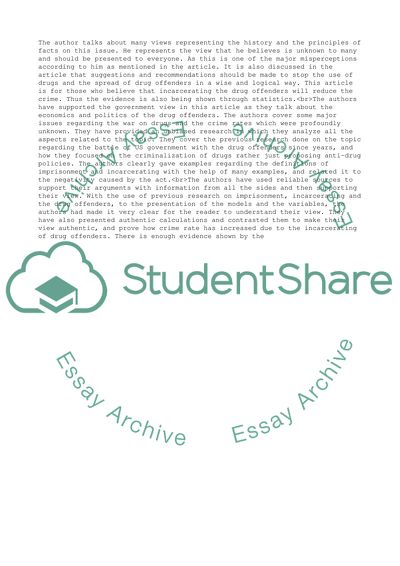Cite this document
(The War on drugs (golden Triangle) Essay Example | Topics and Well Written Essays - 4500 words, n.d.)
The War on drugs (golden Triangle) Essay Example | Topics and Well Written Essays - 4500 words. https://studentshare.org/business/1782088-the-war-on-drugs-golden-triangle
The War on drugs (golden Triangle) Essay Example | Topics and Well Written Essays - 4500 words. https://studentshare.org/business/1782088-the-war-on-drugs-golden-triangle
(The War on Drugs (golden Triangle) Essay Example | Topics and Well Written Essays - 4500 Words)
The War on Drugs (golden Triangle) Essay Example | Topics and Well Written Essays - 4500 Words. https://studentshare.org/business/1782088-the-war-on-drugs-golden-triangle.
The War on Drugs (golden Triangle) Essay Example | Topics and Well Written Essays - 4500 Words. https://studentshare.org/business/1782088-the-war-on-drugs-golden-triangle.
“The War on Drugs (golden Triangle) Essay Example | Topics and Well Written Essays - 4500 Words”. https://studentshare.org/business/1782088-the-war-on-drugs-golden-triangle.


